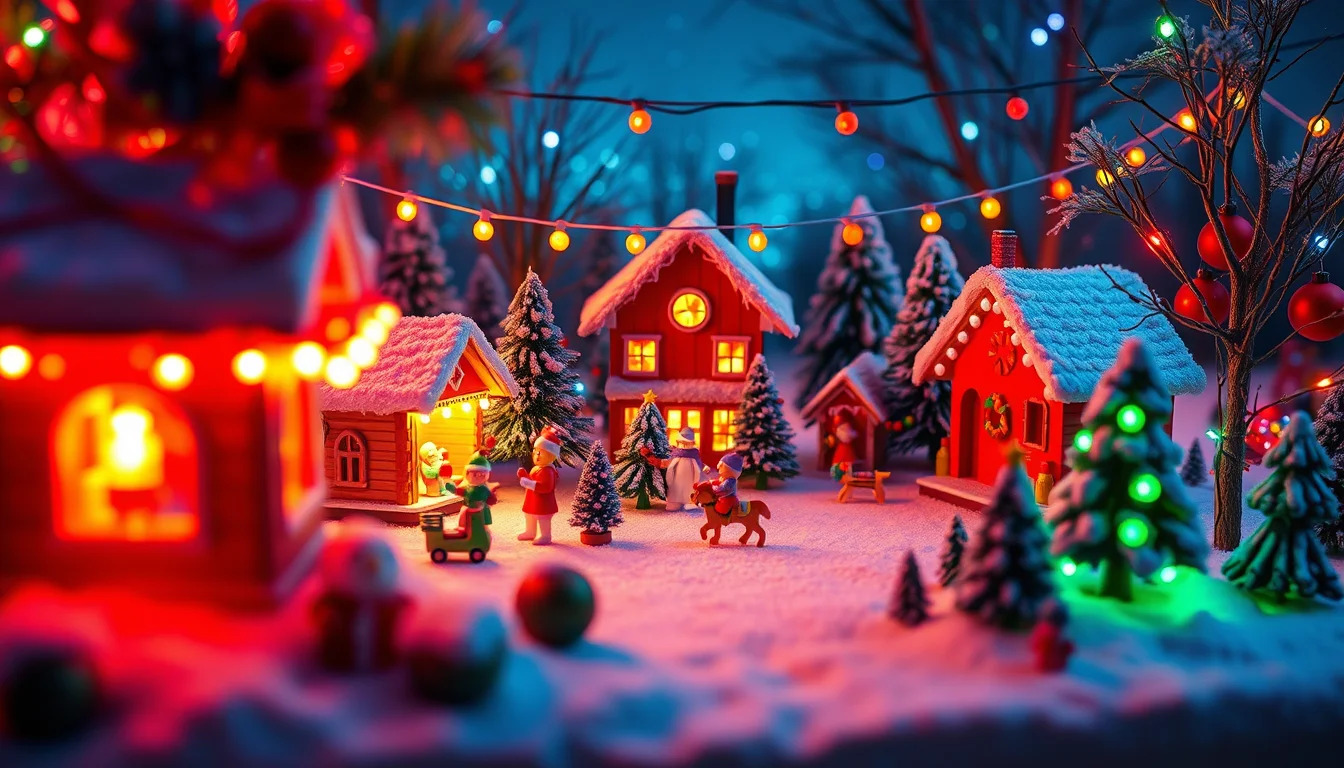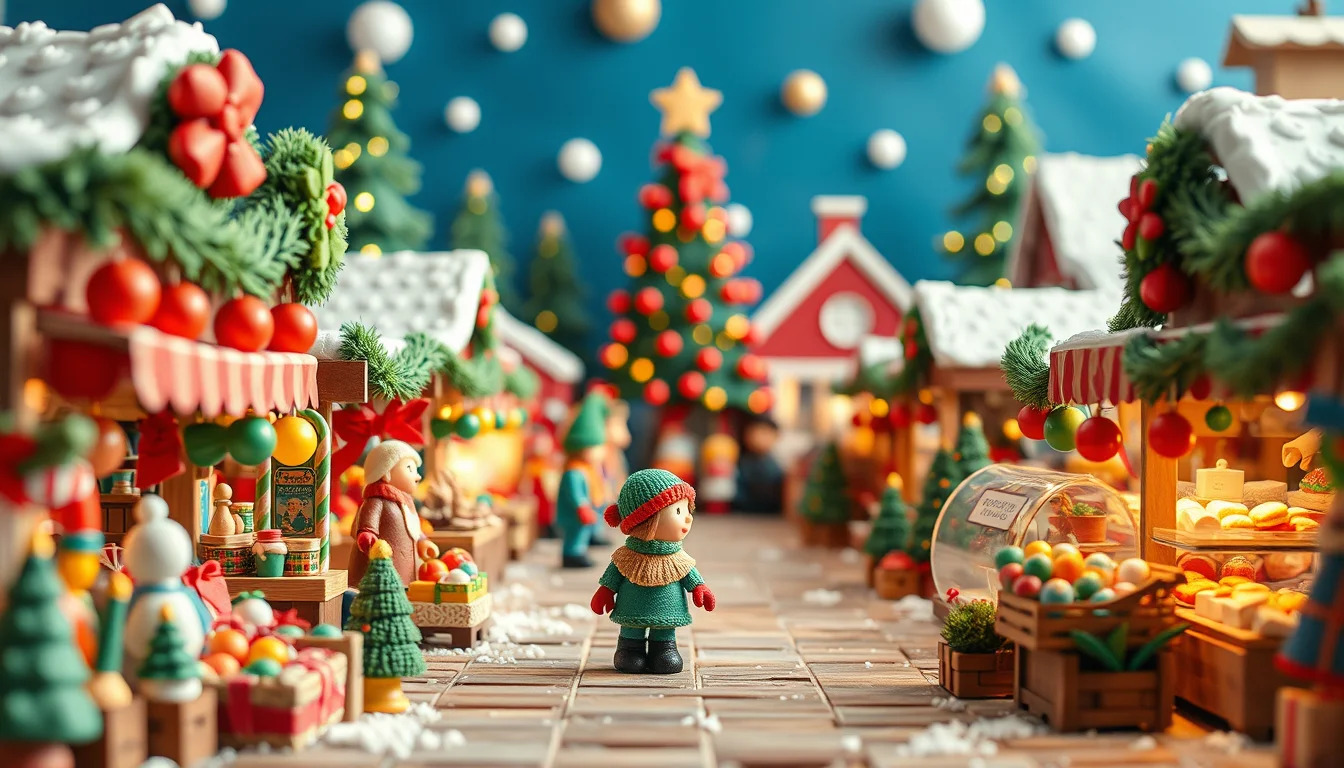
Artistic rendering – Event may differ
New Year's Day in Spain
Celebrate the dawn of a new year on January 1st, a globally recognized holiday marking a fresh start. Experience vibrant traditions, from midnight fireworks and countdowns to family gatherings and unique cultural rituals like Spain's 12-grape tradition. It's a time for reflection, setting intentions, and embracing the possibilities of the year ahead.
What to Expect
Global celebration of the Gregorian New Year
Know Before You Go
- Tickets: FREE
- Pets: Not specified
Other Christmas Events Near You
Local Insight & Ratings
Family Friendly
Best For
Families, individuals, cultural enthusiasts
Vibe
Celebratory, hopeful, communal
Energy Level
Low to medium
Budget
FREE
Photo Friendly
Weather Sensitivity
Low
Special Events & Promotions
- Global countdowns and fireworks
- Unique cultural traditions like Spain's 12 grapes
- Opportunity for reflection and setting intentions
Tags
Website & Socials
No social media links available
Location
Event Details
Duration
All day
Ages
All ages
Timed Entry
No
Organizer
timeanddate.com
Food & Drink
Shared meals are common, specific vendors not mentioned.
Quick Actions
Tips & Advice
- If celebrating in Spain, be prepared to eat 12 grapes at midnight, one for each chime of the clock, to bring good luck.
- Many businesses and government offices will be closed, so plan any necessary errands for before or after January 1st.
- Public transportation may run on a limited holiday schedule, so check local timetables in advance.
- Consider participating in a 'Polar Bear Plunge' for a unique and invigorating start to the new year.
- While January 1st is the official day, many celebrations, like Scotland's Hogmanay, extend for several days.
Frequently Asked Questions
What is New Year's Day?
New Year's Day is the first day of the year in the Gregorian calendar, celebrated on January 1st worldwide as a symbolic fresh start.
Is New Year's Day a public holiday?
Yes, January 1st is a public holiday in many countries, with businesses and offices typically closed.
How do people celebrate New Year's Day?
Celebrations often include fireworks, countdowns, family gatherings, parties, public events like parades, and making New Year's resolutions.
Are there unique traditions for New Year's Day?
Yes, traditions vary globally, such as eating 12 grapes at midnight in Spain, ringing temple bells 108 times in Japan, or carrying suitcases around the block in Colombia.
When did New Year's Day become January 1st?
The practice dates back thousands of years, with Romans marking January 1st in 153 BCE. The Gregorian calendar, adopted in 1582, solidified January 1st as the official start of the year in many parts of the world.
Always check the official website for the most current information.
We've done our best to keep details up-to-date, but event schedules, prices, and policies can change. For the latest updates, please visit the official website or contact the organizers directly.
Contributors & Updates
Follow us for updates and more events!

